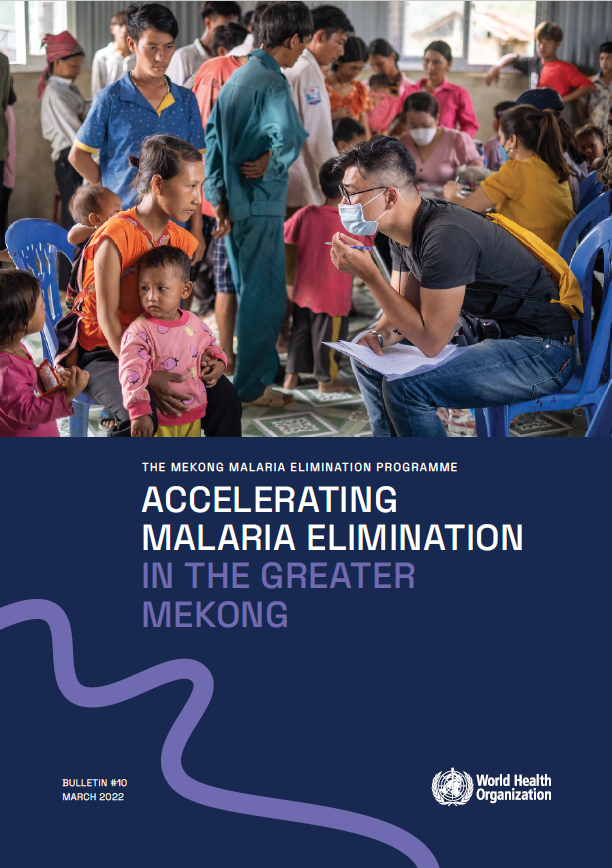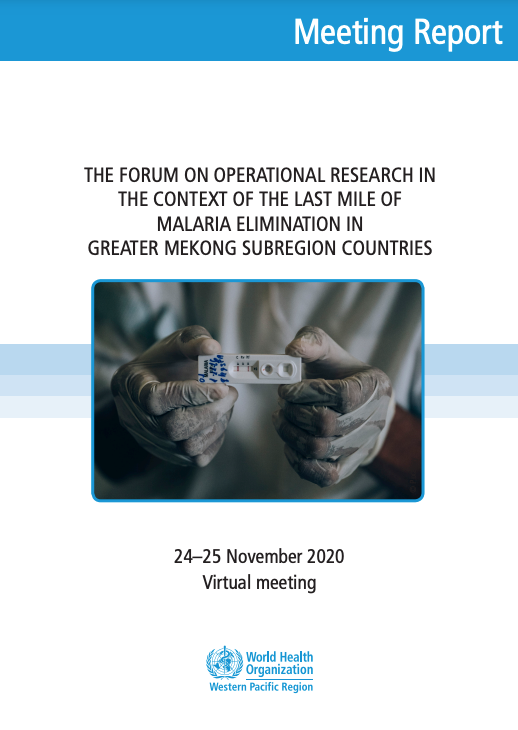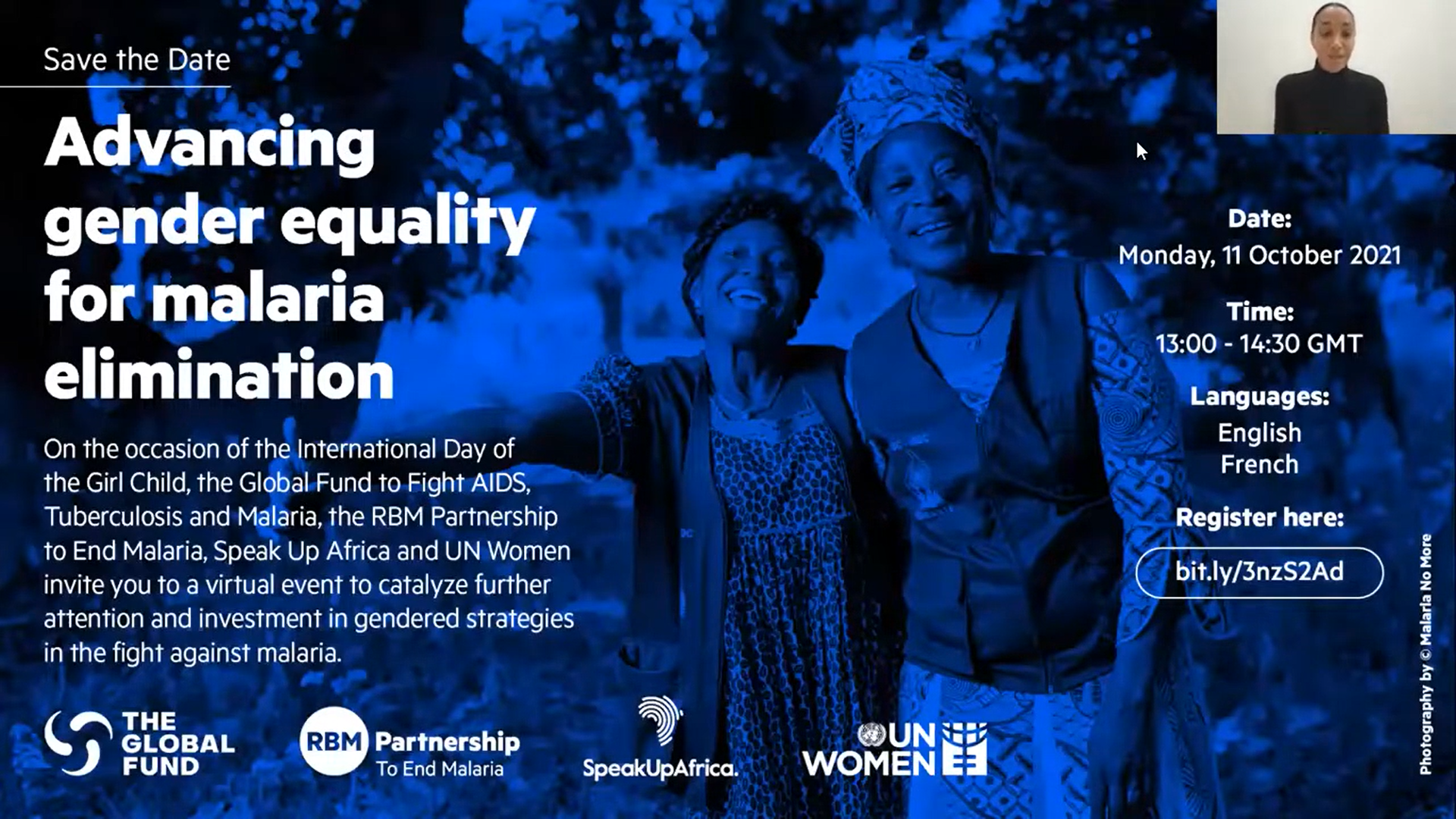Accelerating malaria elimination in the Greater Mekong
Countries: Asia, Southeastern
Published: 09/03/2022
The Greater Mekong subregion (GMS) continued to witness a steady momentum towards malaria elimination. In 2021, the GMS reported 65 297 malaria cases, a 16% decrease from 2020. Although antimalarial drug resistance remains a concern, the GMS has seen promising results in P. falciparum elimination. There were 52% fewer P. falciparum in 2021 compared to 2020. This is an important milestone in the ongoing efforts to reduce the threat of antimalarial resistance.
Despite the rise of COVID-19 transmission across the GMS, national malaria programmes continued to adapt and implement WHO guidance to maintain essential malaria services during the pandemic. Disruptions were largely avoided as countries secured the supply of malaria commodities and maintained their malaria activities, including testing.
China’s malaria-free status provides an important blueprint for the subregion. More and more countries are beginning to prepare for the process of applying for malaria free certification. GMS countries are increasingly adopting programming methods for low-burden settings. These accelerated elimination approaches are crucial for reaching high-risk communities such as forest goers and mobile populations.


